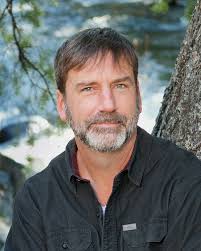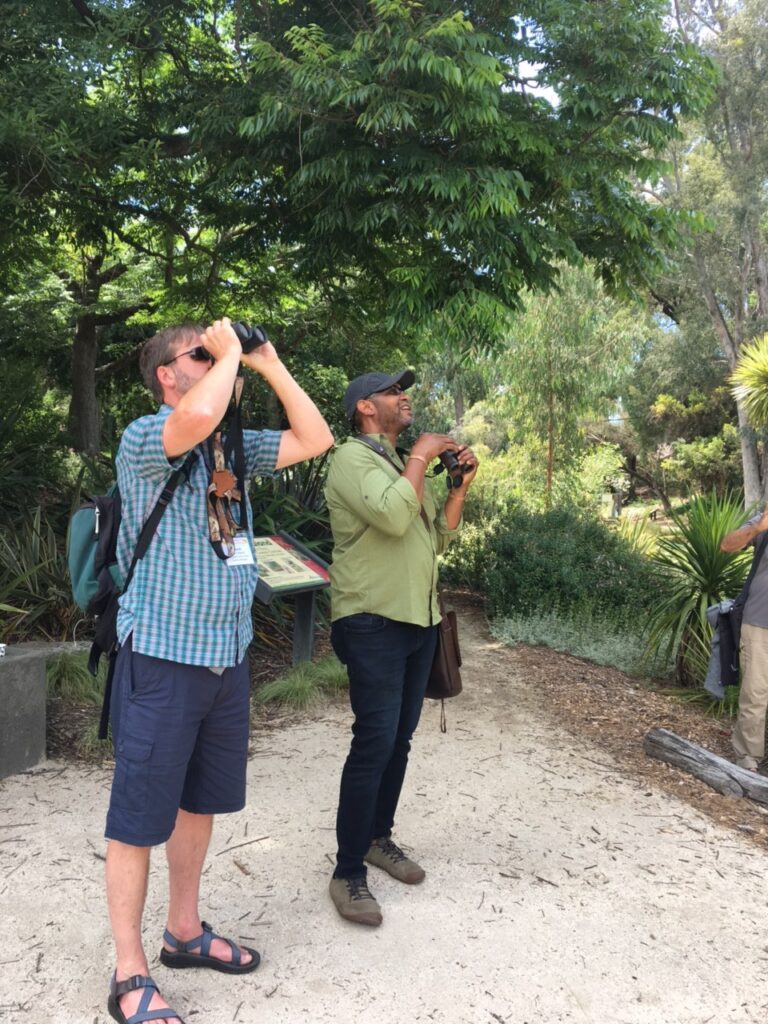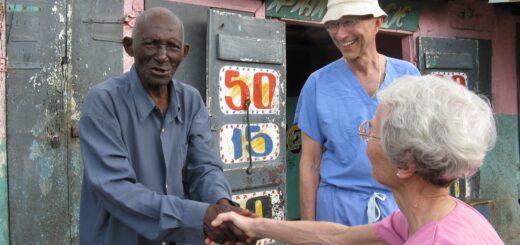We can learn much from WVC’s Feb. 18 dialogue on race and the environment
Our valley is going to have the gift of virtually hosting celebrated author, poet and ornithologist Dr. Drew Lanham of Clemson University for a conversation on the intersections of race and the environment on Thursday, Feb. 18 at 1 p.m.
The conversation, in honor of Black History Month, is being put on by Wenatchee Valley College’s sustainability committee, led by Derek Sheffield and Dr. Joan Qazi, and it is free to the public.
Sheffield, an award-winning poet, nature writer and avid bird watcher, has developed a friendship with Lanham in recent years. Lanham, a wonderfully complex and insightful individual who both studies and hunts wildlife, speaks with great wisdom about the tremendous, interconnected challenges we are facing in this country in terms of environmental degradation and the pursuit of social justice.
As Sheffield put it, “a confluence of narratives is coming together” at this moment in time, including the voices from Indigenous people in our midst who are pleading for greater justice and care for the environment, other people of color telling us, “I can’t breathe and the planet telling us I can’t breathe.”
Lanham was recently featured in a powerful interview on Krista Tippett’s On Being podcast in an episode titled “Drew Lanham — ‘I worship every bird that I see.’”
What comes across in Tippett’s interview is Lanham’s sense of joy and wonder regarding the natural world and the importance of paying attention to what is around us. Think of the amazing place that is North Central Washington and the tremendous sense of place that exists in our communities that spans the economic, political and social spectrum. Our sense of place is what deeply connects us.
Birding for Lanham is far more than just keeping a list of birds seen or knowing the scientific names. “Seeing that bird and saying ‘Oh my God, what is that? Look at it,’ and you’re looking at it, and you can see all of these hues, and you can watch its behavior, and you may hear it sing — well, in that moment, it’s a beautiful thing, no matter what it’s name is,” he told Tippett.
He also reflected on how birds called bobolinks would migrate through the Southeast part of the country eating the rice crop that enslaved African Americans had toiled to plant, a testament to the complicated interconnectedness of life and history. A vital part of Lanham’s work is “broadening the scope of vision so that we see the big picture — we need to understand who birds are to others; that if my ancestors were forced into nature and hung from trees, I might not have the same interest in going out into the forest and naming the trees,” he told Tippett.
Above all else, it is the sense of wonder and curiosity that continues to drive his fascination with the natural world and birds in particular. “I do think that joy, in part, is the justice we give ourselves. And for me, the songs of birds are important; signal the beginning of the day and the end of it,” he said.
What a wonderful gift to be able to listen to Lanham speak with Sheffield, Qazi and other members of WVC’s sustainability committee. The effort is being supported by a number of organizations, including the Wenatchee River Institute, Sustainable Wenatchee, Chelan-Douglas Land Trust, North Central Washington Audubon Society, A Book for All Seasons, Write on the River and the WVC English Department.
Lanham will give a reading and a presentation, followed by a discussion. You can register at the following link: wvc.edu/CampusLifeEvents
To get a feel for his work, you can access onbeing.org and listen to his interview with Tippett.
I’m so grateful that Sheffield, Qazi and others are offering us this opportunity to deepen our understanding of issues surrounding race, the environment and our shared humanity.




